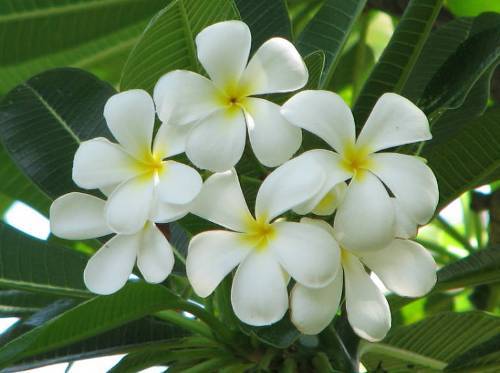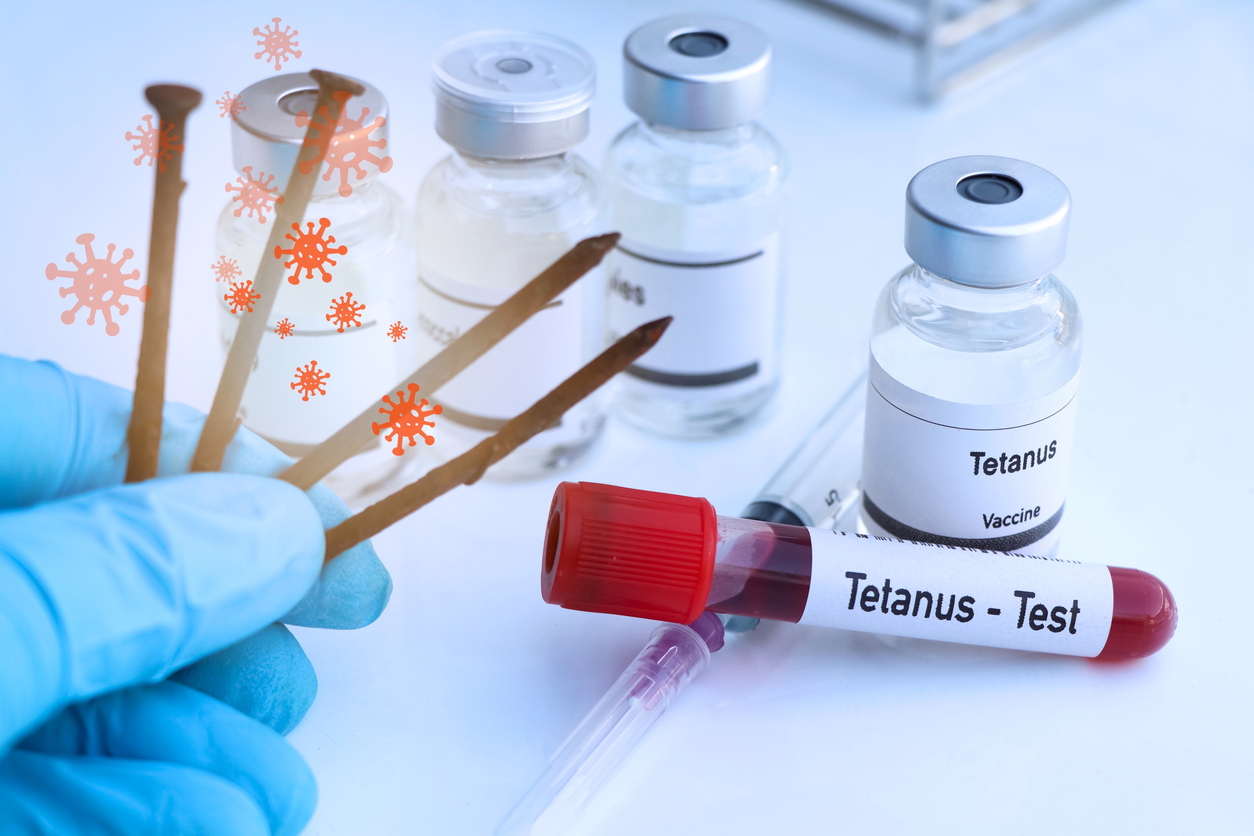How to Buy and Export Perfume Plants from Kenya: A Comprehensive Guide
How to Buy and Export Perfume Plants from Kenya: A Comprehensive Guide
In the world of luxury goods and services, industry players are always looking for sources to meet demand at a lower cost. In recent years, a key trend has been “local sourcing” — buying raw materials from locations that can support factories. And for good reason. Local sourcing is an effective way to cut production costs, as raw materials and labor tend to be cheaper in developing countries than developed ones. Perfume plants are indigenous crops grown for their essential oils or perfume oils. The global perfumery market was worth an estimated $31 billion in 2018 and is expected to reach $36 billion by 2023 with a CAGR of 2.8% between 2021 and 2023. The production process of perfumes begins with collecting the raw material; this process is known as harvesting or extracting the essential oils from the plants themselves (in this case, Perfume Plants).
Why are Perfume Plants Important?
Perfume plants are essential to the production of perfumes, incense, cosmetics and other fragrances. The combination of scents and oils in perfumes can be quite complex — more than 20 ingredients are common. But some of the most common components are coumarin, citral, benzaldehyde, and citronellol. These ingredients are typically grown as crops by farmers. The only way to ensure a consistent supply is to cultivate crops on a large scale. This can be achieved by growing the raw materials on fields dedicated to growing just one plant or as a monoculture. Perfume plants are generally cultivated as monocultures, which are fields with just one type of crop.
The Importance of Kenya as a Source for Perfume Plants
The Kenyan landscape is well suited for production of ingredients such as clove, eucalyptus and lemon grass, amongst others. The high altitude, tropical environment and ample rainfall contribute to the high quality of these essential oils. Kenya is one of the top 5 producing countries in the world, ranked 3rd behind Indonesia and India. The Kenyan perfume plants industry is thriving, employing over 28,000 people. Kenya is one of the few countries in the world that has a proven supply of high quality essential oils. The country has a favorable location, which enables producers to serve customers in Europe, the Americas and Asia within 3 days. There is also a large-scale availability of land for cultivation, a competitive labour force with an average salary of $250 per month, and an excellent infrastructure.
The Role of Mircro-financing in Perfume Plant Exports from Kenya
The global perfume industry, valued at USD 92 billion in 2016, is projected to grow at a CAGR of 1.7% during the period 2017-2021. The perfumery sub-sector is expected to grow at a CAGR of 3.5% between 2017 and 2021. While the market for perfumes is generally growing, the industry has been facing major challenges such as intense competition, increasing regulatory and environmental pressures, and limited availability of raw materials. The key driver for the perfumery sector is the growth in emerging economies such as China, India, and Brazil. The growing middle class in these countries is fueling demand for premium fragrances and more products.
How to Export Perfume Plants from Kenya?
Investors interested in exporting perfume plants from Kenya should note that this is a very regulated industry. The Government of Kenya (GOK) has put in place strict guidelines to operate in the sector. – Understand the business environment in Kenya: Perfume plants are a lucrative business opportunity in Kenya. The sector is regulated by the Kenya Bureau of Standards (KEBS). Exporters should understand the requirements of KEBS before investing in the business. – Prepare the business plan: A thorough market research should be conducted before investing in the business. The demand for essential oils in different countries, the costs of production and the government regulations governing the export of essential oils should be thoroughly researched. – Acquire the necessary permits: Perfume plants can only be cultivated in approved farms. Exporters should apply for the license to cultivate plants in approved farms. – Explore financing options: The perfume plants business is capital intensive. Exporters should explore all the financing options available before investing in the business.
Requirements for Exporting Perfume Plants from Kenya
Exporters should consider the following requirements before investing in the perfume plants business in Kenya. – Capital investment: The capital investment in the business ranges between $1 million and $1.6 million. – Infrastructure requirements: Exporters should verify that the farm they plan to use has a water source and electricity connection. – Labour requirements: The business requires around 10 people, including people to handle administrative and regulatory issues, farm managers and nursery workers. – Marketing strategy: Exporters should hire marketing and branding agencies to build their brand and sell their products to customers. – Shipping and insurance: Exporters should source for a reliable shipping company and insurance company for their products. – Tax and legal issues: Exporters should hire accountants and lawyers to handle their tax and legal issues.
Limiting Factors to Exporting Perfumery Raw Materials from Kenya
Kenya is an ideal location for cultivating perfume plants. However, there are some challenges importers should be aware of before investing in the business. – Availability of capital: The cost of setting up the business is high. The majority of the funds are spent on machinery, greenhouse construction and labour. – Availability of water: The plants mostly require large amounts of water. Exporters should check the availability of water in the area where they plan to set up their farms. – Availability of skilled labour: Growing perfume plants requires highly skilled workers. Exporters should hire skilled workers before setting up their farms.
Conclusion
The perfume industry is thriving and offers many business opportunities, especially for importers from developing countries. Aspiring entrepreneurs from Africa and other developing regions should consider investing in the perfume plants business in Kenya. The most important step is to conduct a thorough research to understand the business environment and regulatory requirements. Investors should be aware of the challenges and opportunities in the industry and plan their strategies accordingly.








LEAVE A COMMENT
You must be logged in to post a comment.